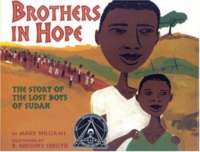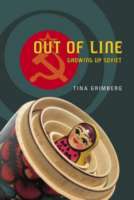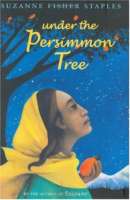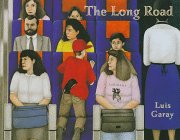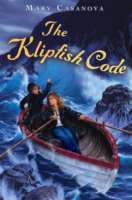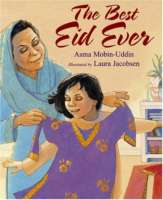
It’s Eid, and Aneesa should be happy, but her parents are thousands of miles away in Saudi Arabia for the Hajj pilgrimage. To cheer her up, her grandmother gives her a gift of beautiful clothes from Pakistan, one outfit for each of the three days of Eid. She even prepares lamb korma, Aneesa’s favorite dinner, which they will enjoy when they return from prayers. At the prayer hall, Aneesa meets two sisters who are not dressed in new clothes for the holiday. Aneesa discovers that the girls are refugees. With their father, they have fled from their war-torn country. Aneesa can’t stop thinking about the girls and what Eid must be like for them. That’s when Aneesa comes up with a plan to help the girls celebrate Eid and make it the best Eid holiday ever.


